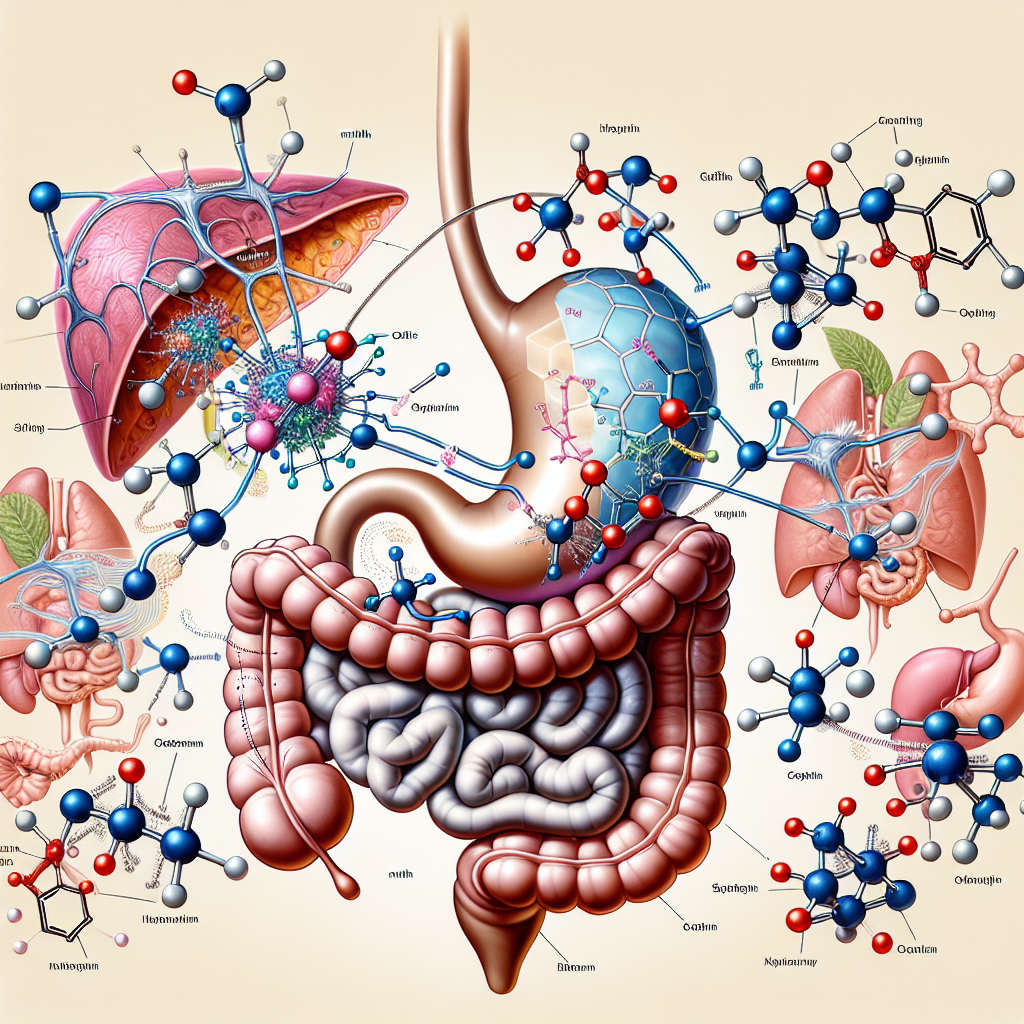Caffeine is a central nervous system stimulant most commonly associated with beverages like coffee, tea, and energy drinks. Its invigorating effects can kick-start our morning and provide a much-needed boost during a mid-afternoon slump. However, caffeine’s influence extends beyond temporary alertness. It can significantly impact various aspects of our well-being, including our digestive system. This article takes an in-depth look into how caffeine affects digestive health and function, providing insights into how you can manage its consumption for optimal digestive wellness.
Caffeine and Digestive Health: An Overview
The relationship between caffeine and digestive health is complex and multifaceted. On the one hand, caffeine stimulates the digestive system, increasing gastric acid production and bowel activity. On the other hand, it can exacerbate certain conditions, such as gastroesophageal reflux disease (GERD) and irritable bowel syndrome (IBS).
To understand caffeine’s role in digestion, it’s essential to explore its physiological effects. When consumed, caffeine prompts the release of gastrin, a hormone that signals the stomach to produce acid. This increase in gastric acid can aid in digestion but may also lead to discomfort for those with acid-sensitive conditions. Additionally, caffeine’s laxative effect, while beneficial for some, can cause distress for individuals with a sensitive gastrointestinal (GI) tract.
The Positive Impacts of Caffeine on Digestion
For many people, moderate caffeine intake can enhance digestive processes. The stimulant’s ability to increase gastric secretion helps break down food more efficiently, potentially improving nutrient absorption. Furthermore, the mild laxative effect of caffeine can promote regular bowel movements, contributing to a healthy digestive system.
The Challenges Posed by Caffeine
Despite its benefits, caffeine can also present challenges for digestive health. High consumption levels may lead to symptoms such as heartburn, stomach upset, and diarrhea. Individuals with pre-existing digestive issues, including GERD, peptic ulcers, and IBS, may find that caffeine aggravates their symptoms.
For those with GERD, caffeine’s ability to relax the lower esophageal sphincter can permit stomach acids to flow back into the esophagus, causing the characteristic burning sensation of heartburn. Similarly, patients with ulcers may experience heightened discomfort as caffeine stimulates acid production.
Mitigating Caffeine’s Adverse Effects
The key to enjoying caffeine’s benefits while minimizing its adverse effects lies in moderation and awareness. Understanding your body’s response to caffeine and adjusting your intake accordingly can help maintain a harmonious digestive system. For many, limiting caffeine consumption to earlier in the day can prevent sleep disturbances, another factor that can indirectly affect digestive health.
For further insights on managing digestive health, consider exploring related topics such as strategies for managing IBS and the role of digestive enzymes in gut health.
Caffeine in Context: Dietary and Lifestyle Considerations
While caffeine is a primary focus, it’s essential to view it within the broader context of dietary and lifestyle choices that impact digestive health. For instance, a diet high in fiber from fruits, vegetables, and whole grains can support digestive function and mitigate some of the less favorable effects of caffeine.
Additionally, regular physical activity is known to promote gut motility and overall digestive health. Integrating exercise into your routine can complement a balanced diet and appropriate caffeine consumption.
For a more comprehensive understanding of dietary practices that support digestive wellness, read about the connection between high-fiber diets and colon health.
Caffeine and Its Place in Digestive Disorders
Caffeine’s impact on specific digestive disorders warrants attention. For individuals with IBS, caffeine may intensify symptoms like abdominal cramps and diarrhea due to its stimulatory effects on the GI tract. However, the response to caffeine can be highly individualistic, emphasizing the need for personalized dietary adjustments.
Celiac disease and gluten sensitivity also intersect with caffeine consumption. Some individuals with these conditions report increased sensitivity to caffeine, although the reasons remain unclear. It’s vital for those managing celiac disease to consider their caffeine intake alongside a gluten-free diet.
Navigating the complexities of such disorders can be challenging, but resources such as the article on celiac disease and gluten sensitivity can offer guidance.
External Resources for Further Exploration
To expand your understanding of caffeine’s effects on digestive health, consider delving into these niche resources:
- International Foundation for Gastrointestinal Disorders (IFFGD): A repository of information on GI disorders, providing insights into how substances like caffeine can influence conditions such as IBS and GERD. Visit IFFGD.
- National Institute of Diabetes and Digestive and Kidney Diseases (NIDDK): Offers research and educational materials on how dietary factors, including caffeine, affect digestive health. Explore NIDDK resources.
- World Gastroenterology Organisation (WGO): Provides global expertise on digestive health, with articles and guidelines on managing digestive symptoms related to diet and lifestyle choices. Learn from WGO Experts.
Conclusion
Caffeine’s ubiquitous presence in our daily lives makes it a significant factor in our overall health, particularly concerning our digestive system. By understanding its effects and how to manage consumption, individuals can enjoy the benefits of caffeine while minimizing potential digestive discomfort. Remember, moderation and personal tolerance are crucial in achieving a balanced relationship with caffeine for optimal digestive health.



